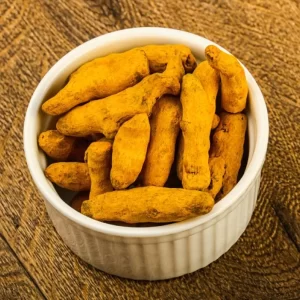Other Stories:
Passionate About Growing Vegetables? Purchase Vegetable Seeds Online Today!
Start your...
How to Get Spices From Kerala
Kerala's spices are celebrated...
Honeymoon Bliss at Dream Catcher Resort: Your Love Nest in Munnar
If you are planning a honeymoon and seek...
From Seed to Table: Harvest Delight Sweet Corn
Sweet Corn, scientif...

